The '92 Effect: Veteran Journalists on the Year's Massive Cultural Impact
Black culture's global influence can never be overstated. But in 1992 - a year that set the stage for further innovation in pop culture and social justice - our impact was at an all-time high. To complement POPSUGAR's expansive timeline that tracks '92, we gathered some of the top journalists in the industry - VIBE veterans Danyel Smith, John Kennedy, and Datwon Thomas, writer Sowmya Krishnamurthy, and POPSUGAR editors - for a Twitter Space conversation on the defining year. "When I took a really good look at 1992, it just became clear to me how effective a year that was." During the hour-long dialogue on Feb. 15, we gave flowers to all the music, movies, TV shows, and fashion staples from 1992 that greatly influenced us. "When I took a really good look at 1992, it just became clear to me how effective a year that was," POPSUGAR features director Iyana Robertson says, kicking off the conversation. Films like "Juice," "Boomerang," "Sister Act," and "Bebe's Kids" all set a standard in their own right, acting as a launching pad for a plethora of '90s fashion and music trends. "What I ended up watching more than anything was the fashion," Robertson adds. "I'm looking at a movie that came out in 1992 and I'm wanting to wear all the clothes. That's an experience that comes up for me over and over and over when I watch '90s material." POPSUGAR executive editor Jada Gomez adds: "I was pretty young in '92 and I took [all] these films very literally - what was for me and what wasn't . . . For 'Boomerang,' I remember not watching it until I got older, but growing up on that soundtrack. It's just so beautiful and it puts you in such a headspace that, if you were 30 in '92 or 7 in '92, you definitely have that connection to that film." Related: The '92 Effect The abundance of Black TV series in the '90s opened the door for today's diverse landscape of sitcoms and dramas that stem from creators like Issa Rae, Quinta Brunson, Phil Augusta Jackson, and Tracy Oliver. In 1992, "Hangin' With Mr. Cooper" debuted on ABC while other shows like "The Fresh Prince of Bel-Air," "A Different World," and "In Living Color" were still ratings winners. Above all, we agreed that "Martin" reigned supreme because it truly held Black culture in the palm of its hand. "'Martin' is eternal. That is just such a classic show [with] so many moments," Kennedy remarks. Between beloved characters like Sheneneh, Dragonfly Jones, Roscoe, and Jerome, Lawrence's out-of-the-box creativity gave fans something new to admire. It unapologetically put Black culture on the pedestal it deserves - namely through music. "These shows are so beloved because they are so Black and so true and so fun." "It was funny because I think when you saw those crossover [music] moments, now, we kind of take [them] for granted," Krishnamurthy points out. "Back then, when you didn't really see your favorite artist outside of the musical realm, to see somebody like [Notorious B.I.G.] - who's not really an actor in the traditional sense - have that memorable cameo [on 'Martin'], I think was super dope." Though "Martin" is often mentioned in the same breath as "The Fresh Prince of Bel-Air," there was always the distinction that the former hit the nuances of Black culture. "I didn't feel that ['The Fresh Prince of Bel-Air'] really embraced hip-hop in the way that 'Martin' did, where you see B.I.G. and different artists actually in the show," Kennedy adds. "I feel like 'Martin' is one of those first sitcoms that really embraced hip-hop in the people that we saw on the screen and then the culture at large." Thomas also points out that Lawrence's self-titled sitcom made hip-hop look cool, to the point that it made almost every artist in the industry want to be around it. Like many others at that time, the sitcom kicked the door wide open for today's generation to break glass ceilings with shows they feel should and can be created. As Gomez puts it, "These shows are so beloved because they are so Black and so true and so fun. It's a way of really showing, in a time capsule, who we are and who we always were." Related: Revisiting the Legacy of Sir-Mix-A-Lot's "Baby Got Back" in the Era of the BBL We also had to take time to acknowledge the music that dominated in '92. Icons like Mariah Carey, TLC, En Vogue, Boyz II Men, and Prince took over the Billboard Hot 100 and gave us all sweet memories to revisit. "There's so many from that year, but I would have to say probably Mary [J. Blige]," Thomas states. Blige made a splash with her debut album, "What's the 411?" and it marked the start of her storied career as the queen of hip-hop soul. Pouring her experiences into her music helped Blige pave a tremendous path for R&B artists to follow in her
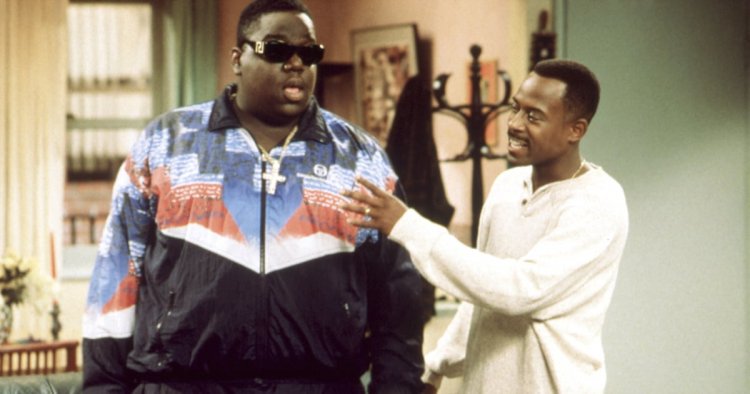

Black culture's global influence can never be overstated. But in 1992 - a year that set the stage for further innovation in pop culture and social justice - our impact was at an all-time high. To complement POPSUGAR's expansive timeline that tracks '92, we gathered some of the top journalists in the industry - VIBE veterans Danyel Smith, John Kennedy, and Datwon Thomas, writer Sowmya Krishnamurthy, and POPSUGAR editors - for a Twitter Space conversation on the defining year.
"When I took a really good look at 1992, it just became clear to me how effective a year that was."
During the hour-long dialogue on Feb. 15, we gave flowers to all the music, movies, TV shows, and fashion staples from 1992 that greatly influenced us. "When I took a really good look at 1992, it just became clear to me how effective a year that was," POPSUGAR features director Iyana Robertson says, kicking off the conversation. Films like "Juice," "Boomerang," "Sister Act," and "Bebe's Kids" all set a standard in their own right, acting as a launching pad for a plethora of '90s fashion and music trends.
"What I ended up watching more than anything was the fashion," Robertson adds. "I'm looking at a movie that came out in 1992 and I'm wanting to wear all the clothes. That's an experience that comes up for me over and over and over when I watch '90s material." POPSUGAR executive editor Jada Gomez adds: "I was pretty young in '92 and I took [all] these films very literally - what was for me and what wasn't . . . For 'Boomerang,' I remember not watching it until I got older, but growing up on that soundtrack. It's just so beautiful and it puts you in such a headspace that, if you were 30 in '92 or 7 in '92, you definitely have that connection to that film."
The abundance of Black TV series in the '90s opened the door for today's diverse landscape of sitcoms and dramas that stem from creators like Issa Rae, Quinta Brunson, Phil Augusta Jackson, and Tracy Oliver. In 1992, "Hangin' With Mr. Cooper" debuted on ABC while other shows like "The Fresh Prince of Bel-Air," "A Different World," and "In Living Color" were still ratings winners. Above all, we agreed that "Martin" reigned supreme because it truly held Black culture in the palm of its hand. "'Martin' is eternal. That is just such a classic show [with] so many moments," Kennedy remarks. Between beloved characters like Sheneneh, Dragonfly Jones, Roscoe, and Jerome, Lawrence's out-of-the-box creativity gave fans something new to admire. It unapologetically put Black culture on the pedestal it deserves - namely through music.
"These shows are so beloved because they are so Black and so true and so fun."
"It was funny because I think when you saw those crossover [music] moments, now, we kind of take [them] for granted," Krishnamurthy points out. "Back then, when you didn't really see your favorite artist outside of the musical realm, to see somebody like [Notorious B.I.G.] - who's not really an actor in the traditional sense - have that memorable cameo [on 'Martin'], I think was super dope." Though "Martin" is often mentioned in the same breath as "The Fresh Prince of Bel-Air," there was always the distinction that the former hit the nuances of Black culture. "I didn't feel that ['The Fresh Prince of Bel-Air'] really embraced hip-hop in the way that 'Martin' did, where you see B.I.G. and different artists actually in the show," Kennedy adds. "I feel like 'Martin' is one of those first sitcoms that really embraced hip-hop in the people that we saw on the screen and then the culture at large."
Thomas also points out that Lawrence's self-titled sitcom made hip-hop look cool, to the point that it made almost every artist in the industry want to be around it. Like many others at that time, the sitcom kicked the door wide open for today's generation to break glass ceilings with shows they feel should and can be created. As Gomez puts it, "These shows are so beloved because they are so Black and so true and so fun. It's a way of really showing, in a time capsule, who we are and who we always were."
We also had to take time to acknowledge the music that dominated in '92. Icons like Mariah Carey, TLC, En Vogue, Boyz II Men, and Prince took over the Billboard Hot 100 and gave us all sweet memories to revisit. "There's so many from that year, but I would have to say probably Mary [J. Blige]," Thomas states. Blige made a splash with her debut album, "What's the 411?" and it marked the start of her storied career as the queen of hip-hop soul. Pouring her experiences into her music helped Blige pave a tremendous path for R&B artists to follow in her footsteps. From her fashionable street style - thanks to the iconic stylist Misa Hylton - to the freedom she demonstrated in her artistry, Blige created a blueprint for empowered Black women.
"I feel like we look at Mary as this icon, queen of hip-hop soul, and renowned figure," Kennedy says. "She's earned that, obviously, along the way, and she's put forth this great career, but I kind of feel like what I remember about her coming out was almost like she was always this royalty-type figure in the culture. So respected, so beloved from jump." Krishnamurthy adds: "Imagine someone coming out now calling themselves the king or the queen - we would all roll our eyes. But with Mary, it felt right . . . She is the queen of it, and she's held that title for the past three decades."
"That overwhelming shock of such high levels of excellence from a Black woman, that affected me so deeply as a little girl."
Whitney Houston also deservedly held her title of queen even after her death in 2012. The icon performed six songs off "The Bodyguard"'s Grammy-winning soundtrack, which Krishnamurthy refers to as "the bible" for other artists. "Whitney set that bar [so] high that like divas for every generation until eternity have to come to her level," she adds. "That's some crazy iconic sh*t." Soundtracks in the '90s were such a signature for films. Houston's masterful display on "The Bodyguard" more than set a standard as a singer; it also gave young Black girls back then something great to aspire to. "I always tell people that Whitney Houston was my Beyoncé before Beyoncé," Robertson shares. "Because that overwhelming shock of such high levels of excellence from a Black woman, that affected me so deeply as a little girl."
Smith also reminds us of "Waiting to Exhale"'s iconic legacy - also deeply connected to Houston - and how its soundtrack is "still one of the top 10 best-selling soundtracks of all time." Terry McMillan - the author who wrote "Waiting to Exhale" and inspired its film adaptation - helped create the blueprint for films about Black women and friendship, one of which people didn't think would be as big as it turned out to be. "It just reconfirmed what so many of us thought at that time, which was Black culture is the culture," Smith declares.
We closed out our Twitter Space with a lively discussion of the influential Black fashion trends of the '90s. Brands from Cross Colours to Karl Kani, and so many more were responsible for the decade's iconic style that still defines the streetwear space today. "Even back then, 30 years ago, you already started to see these European heritage brands coming into what was going on in hip-hop," Krishnamurthy states. "Basically, taking it, usurping it, appropriating it, however you want to define it, and turning that into a multi-billion dollar industry that we now see with people like Kanye and Virgil (RIP), but it really started decades ago."
"It's such a transitional year for, I say mainstream, really it's just white people understanding that what Black people do leads to culture always."
We couldn't forget another impactful figure who originated '90s hip-hop fashion: April Walker. "Walker is such a seminal name that does not get as much props as she deserves as a woman in the game who dressed everybody from B.I.G. to Tupac, Mike Tyson, JAY-Z, all of these people," Krishnamurthy adds. "Really just being a young Black woman who was not just a designer, but an entrepreneur [as well]." The style legend is a true innovator of what we've come to know and love about '90s fashion.
So whether we're discussing entertainment or fashion, we must always reference Black culture's impact. Our influence certainly preceded 1992, but that particular year conceived much of what we still consume today. "It's such a transitional year for, I say mainstream, really it's just white people understanding that what Black people do leads to culture always," Smith states. "It wasn't the beginning of it, but it was a year when we all began to understand it."
Listen to the entire Twitter Space playback here.








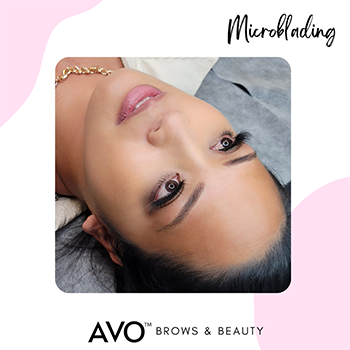
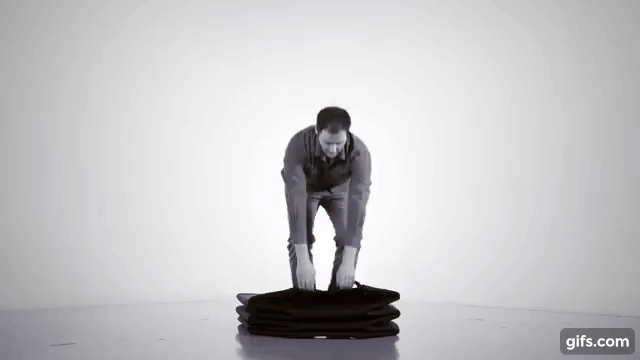
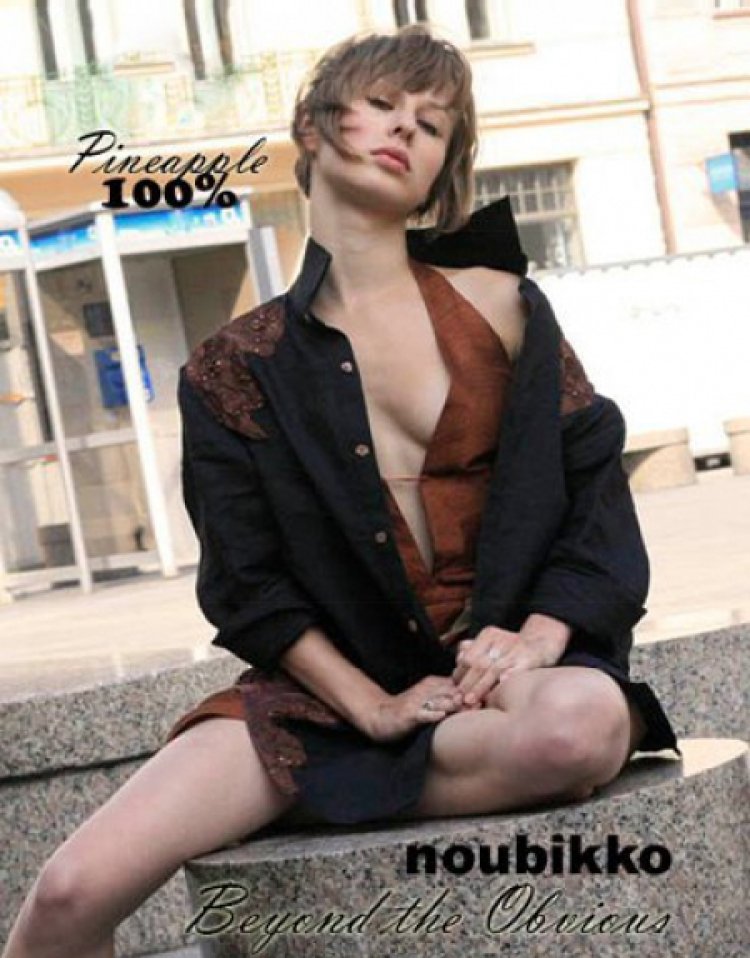




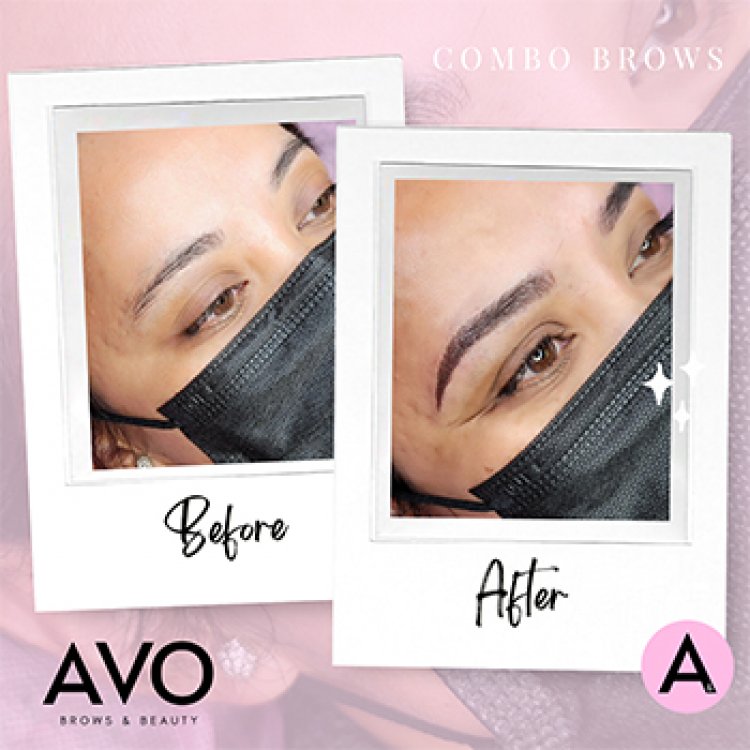


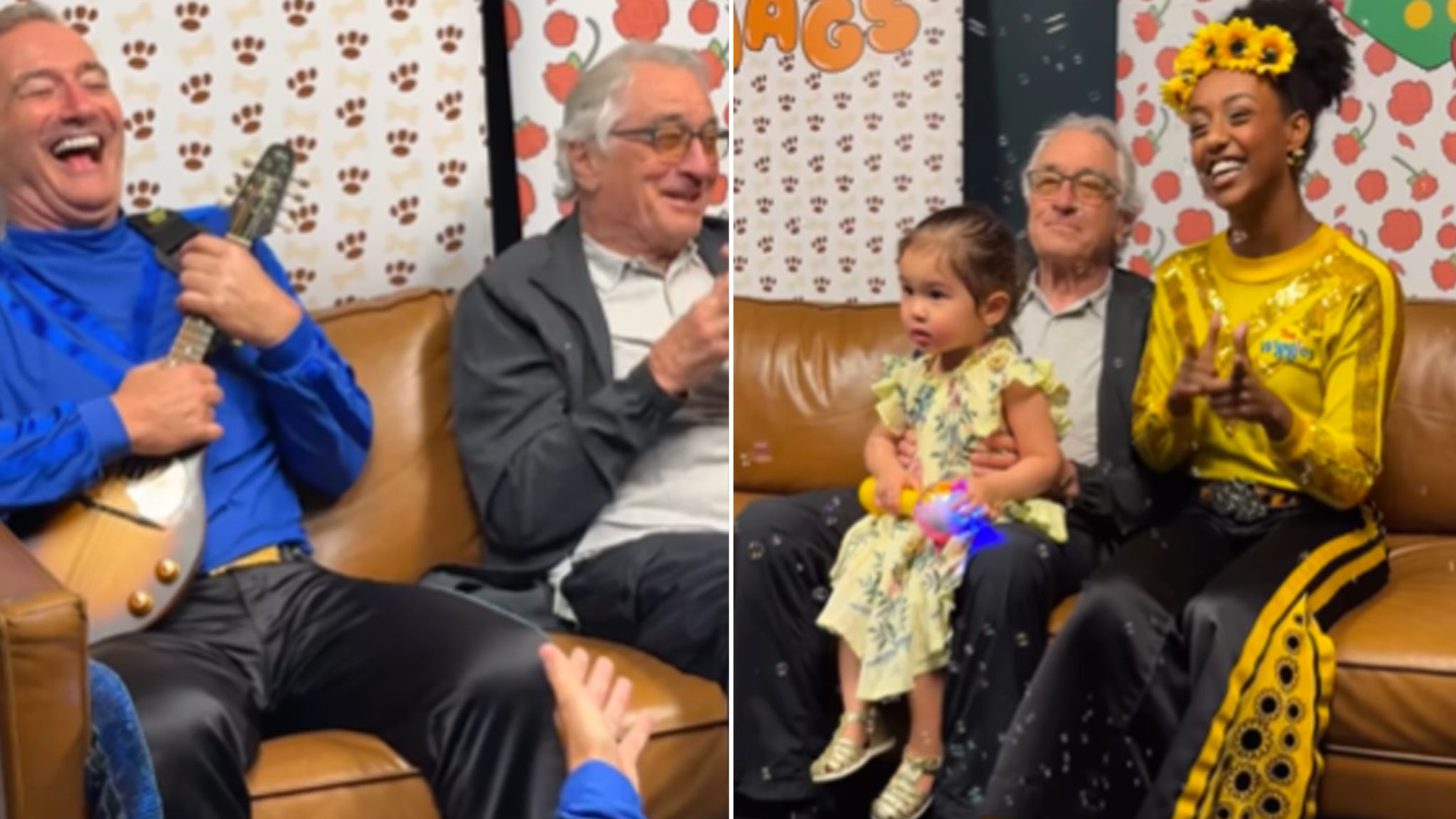
:quality(85):upscale()/2025/02/03/788/n/1922283/010b439467a1031f886f32.95387981_.jpg)
:quality(85):upscale()/2024/12/02/919/n/1922398/2b4b75f6674e20edcc99c3.42112799_.jpg)
:quality(85):upscale()/2024/10/29/690/n/1922398/e9bec6b46721006258d949.01358236_.jpg)
